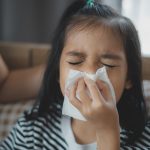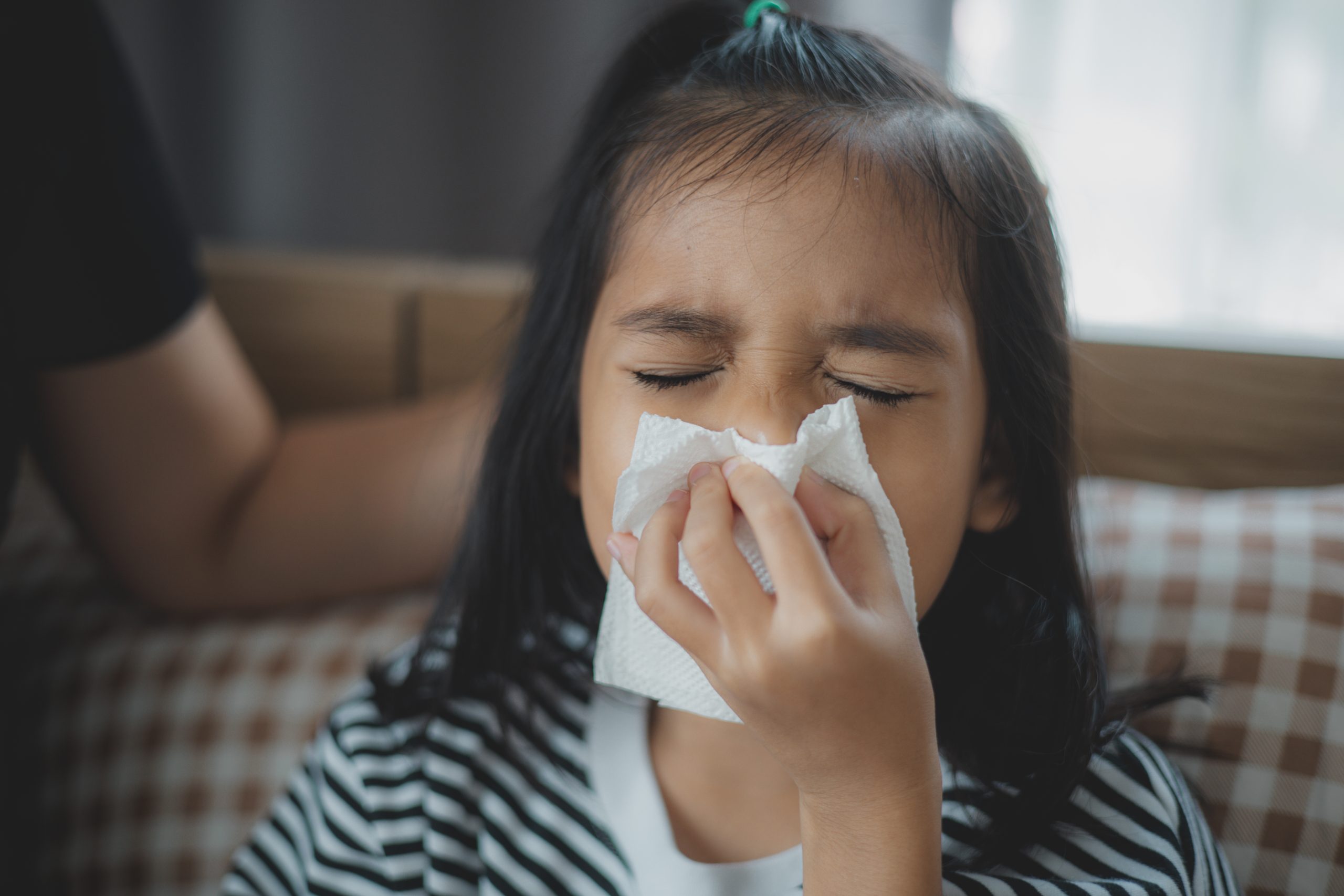Mammograms and Screening for Breast Cancer
Q: What is a mammogram and why should I get one?
A: Breast cancer is the most common non-skin cancer in women, affecting one out of eight women in the US in their lifetime. A mammogram is essentially a X-ray of the breast to screen for breast cancer. A “screening” test is any test that is done on healthy people to detect evidence of disease before the patient may notice symptoms. A mammogram is an excellent screening test because it can detect very early stages of breast cancer.
Q: When should I get a mammogram? How often?
A: The answer to this question will vary based on different society guidelines you may have seen. Most guidelines recommend that women at average risk of breast cancer, like those one out of eight that I mentioned above, should have screening mammograms every year beginning at age 40. Yearly screening beginning at age 40 has been shown to be beneficial in terms of reducing the number of deaths related to breast cancer. If you are 40 or older and haven’t had a mammogram, don’t forget to mention it to your provider!
Q: What are some other ways I can check for breast cancer?
A: There are two additional components that are very important when it comes to screening for breast cancer. The first is a clinical breast exam (CBE) by a healthcare provider every year. This can be done by your PCP, Ob/Gyn, PA, NP, etc. The other component is what is called “breast self-awareness.” Basically, you know the way that your breasts look and feel better than anyone. If you notice anything concerning or abnormal, then seek medical attention soon. You may have heard of breast self-examination (BSE), in which you check your own breasts for lumps. Studies have shown that routine BSE is not beneficial in terms of detecting breast cancer and many physicians actually now recommend against self-examination. In many cases, BSE will cause you more anxiety than anything else. Now, it is important to note that self-examination is better than nothing at all. If you have questions or concerns about breast cancer, don’t hesitate to ask your provider!
Learn More: Risk Factors For Breast Cancer
Dr. Richard Wagner











